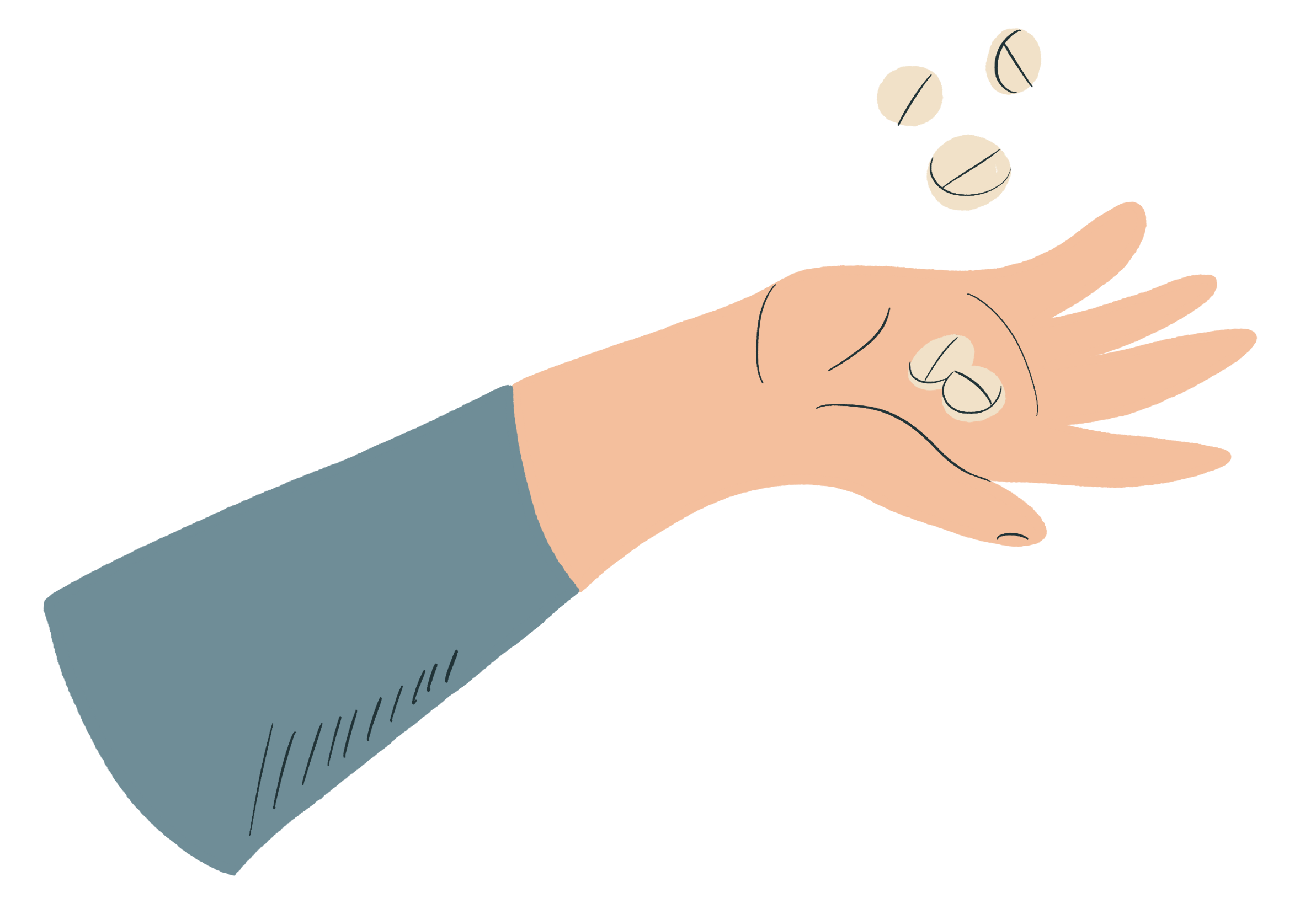
The Abortion Pill, also known as a chemical or medical abortion, is actually two different medicines taken at different times. This method of abortion is approved during the first 10 weeks of your pregnancy.
The first pill, mifepristone, usually taken in the clinic, blocks progesterone, a hormone women produce during pregnancy that is necessary for development of a baby. Occasionally light bleeding can accompany this first pill, but that isn’t common.
The second medicine, misoprostol, is a series of pills that can be taken orally or vaginally. It causes cramping and bleeding, emptying the uterus. Usually women take misoprostol at home within 72 hours of taking the mifepristone, and it will cause contractions that will expel the fetus. Most people experience cramping and bleeding within an hour of taking the misoprostol, though it might take longer for some. It is common for women to experience nausea, fever, diarrhea, or vomiting along with heavy bleeding and intense cramping, which can last around 12 hours. Light bleeding could continue for several days, up to 4-6 weeks or until a woman’s next period.
What are the potential risks of the Abortion Pill?
Potential risks include: incomplete abortion which may need to be followed by a surgical abortion, an ongoing unwanted pregnancy if the procedure doesn’t work, heavy and prolonged bleeding, blood clots in your uterus, infection, fever, and digestive system discomfort. Additionally, many women report negative effects on their mental and emotional health.
We highly recommend that you consult a physician before your abortion; though not legal in Tennessee, self-managed abortions are rising in popularity, however, for various reasons including ectopic pregnancy and other complications, the safest option for you involves oversight from certified medical personnel.
What about “Missed Period Pills,” are these different?
Missed period pills (that also contain misoprostol with mifepristone or misoprostol alone) have been prescribed worldwide for menstrual regulation are also marketed as an easy option for early abortion. When pregnant, it will work as the “Abortion Pill” or a “Chemical Abortion” to terminate a pregnancy by blocking your body’s progesterone and by inducing labor. Side effects will also be similiar, depending on how far along you are in your pregnancy.
Because taking an abortion pill is a big decision to make, check out all your options to ensure it is the right decision. And although the pill is sometimes marketed as a “missed period pill,” it should never be taken without confirmation of pregnancy because of its risks.
It’s important to remember that these pills are different from birth control and emergency contraception – like Plan B One-Step or ella.
If you’ve taken the first pill, mifepristone, and changed your mind about having an abortion, there may be a way to save your pregnancy. Time is an important factor and you should seek help as soon as possible! Click here to learn more about abortion pill reversal.
Agape Women’s Services does not provide or refer for abortions, but we believe you should have all the information before you make your decision. This information is for educational purposes and is not intended as a recommendation or to take the place of medical counsel from your doctor.
The information on this page was sourced from:
Healthline: Medical information and health advice you can trust.
WebMD – Better information. Better health.
Healthily – Health Guide and Self-Care Checker (livehealthily.com)

